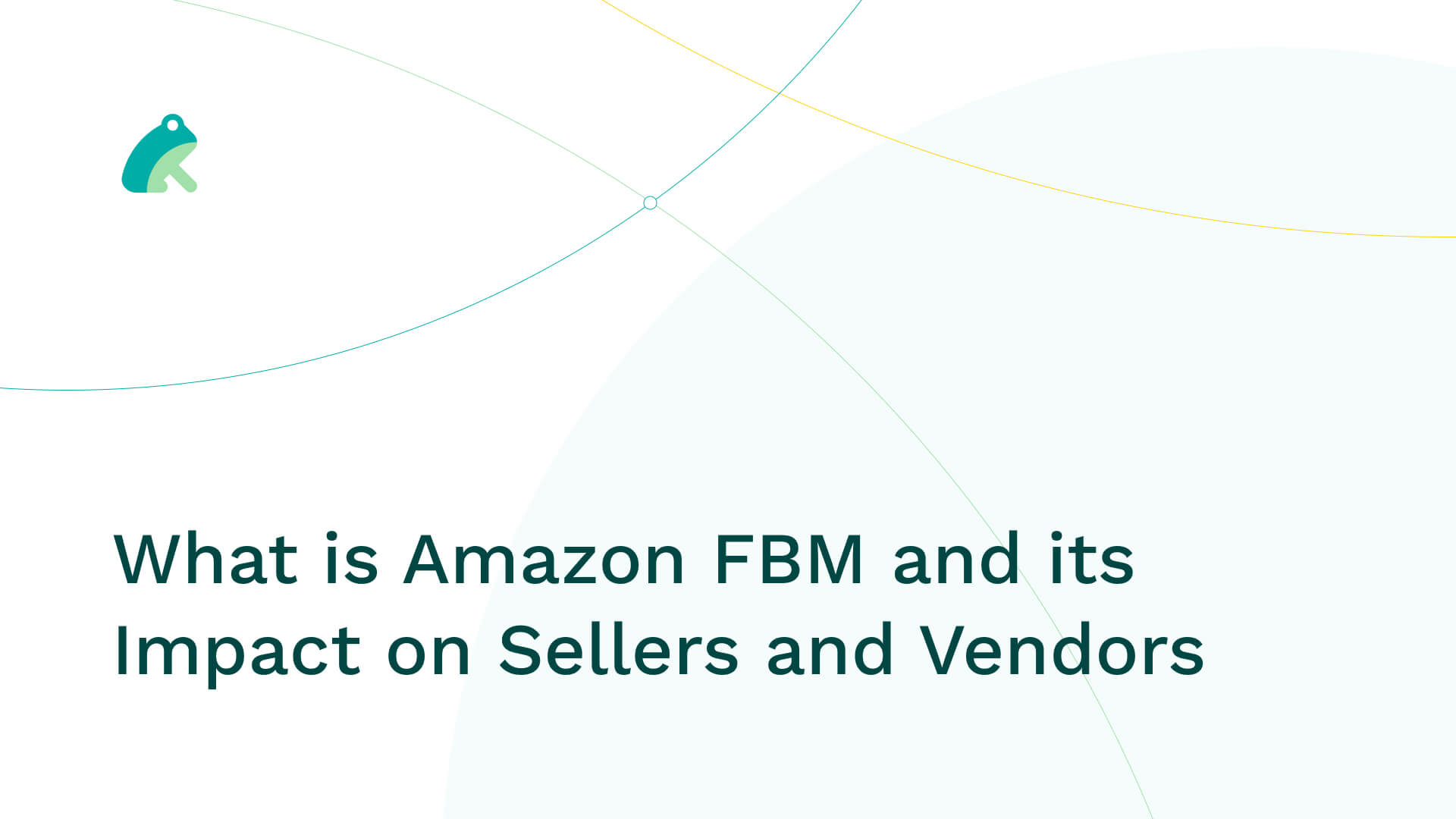What is Amazon FBM and its Impact on Sellers and Vendors
December 7, 2025

Amazon FBM stands for "Fulfilled By Merchant." It's a fulfillment method on Amazon where sellers are responsible for storing, packing, and shipping their products directly to customers, without involvement from Amazon's fulfillment network.
In the FBM model:
- Inventory Storage: Sellers keep their inventory in their own warehouses or storage facilities, managing stock levels and storage costs themselves.
- Order Processing: When an order is placed, sellers handle the picking, packing, and shipping processes, ensuring the order is shipped within the specified timeframe.
- Customer Service: Sellers are also responsible for customer inquiries, returns, and any customer service-related issues.
FBM provides sellers with more control over their inventory and fulfillment processes. It can be advantageous for sellers who have unique packaging needs, want to maintain control over their inventory, or have specific shipping methods they prefer to use. Additionally, some sellers opt for FBM to avoid certain fulfillment fees associated with programs like Fulfilled By Amazon (FBA).
However, FBM may pose challenges in terms of scalability, as sellers need to manage their logistics efficiently to handle increased sales volumes. Moreover, sellers using FBM might not benefit from certain perks like Amazon Prime eligibility, which is often associated with FBA.
Ultimately, Amazon FBM offers sellers flexibility and control over their fulfillment process but requires a hands-on approach to managing inventory and order fulfillment.
Impact on Sellers and Vendors:
Advantages:
- Control Over Inventory: FBM grants sellers greater control over their inventory management, enabling specific storage arrangements and more direct oversight of stock levels.
- Flexibility in Shipping: Sellers can utilize their preferred shipping carriers, packaging methods, and shipping speeds, potentially offering unique shipping options to customers.
- Cost Management: With FBM, sellers may avoid certain fees associated with using Amazon's fulfillment services, potentially reducing fulfillment costs.
Considerations:
- Logistical Responsibility: Managing inventory, packing, and shipping requires robust logistical capabilities. Sellers must efficiently handle these operations to maintain customer satisfaction.
- Prime Eligibility: FBM sellers might not be eligible for Amazon Prime benefits, potentially impacting visibility and sales for customers who prioritize Prime items.
- Customer Service: Sellers are responsible for addressing customer inquiries, handling returns, and managing customer service, which can be demanding.
Amazon FBM presents sellers and vendors with the opportunity for greater autonomy and control over their fulfillment processes. While it offers flexibility and potential cost savings, it demands meticulous attention to logistics and customer service. Understanding the trade-offs between FBM and other fulfillment methods is crucial for sellers and vendors to align their strategies with their operational capabilities and customer expectations on the Amazon platform.